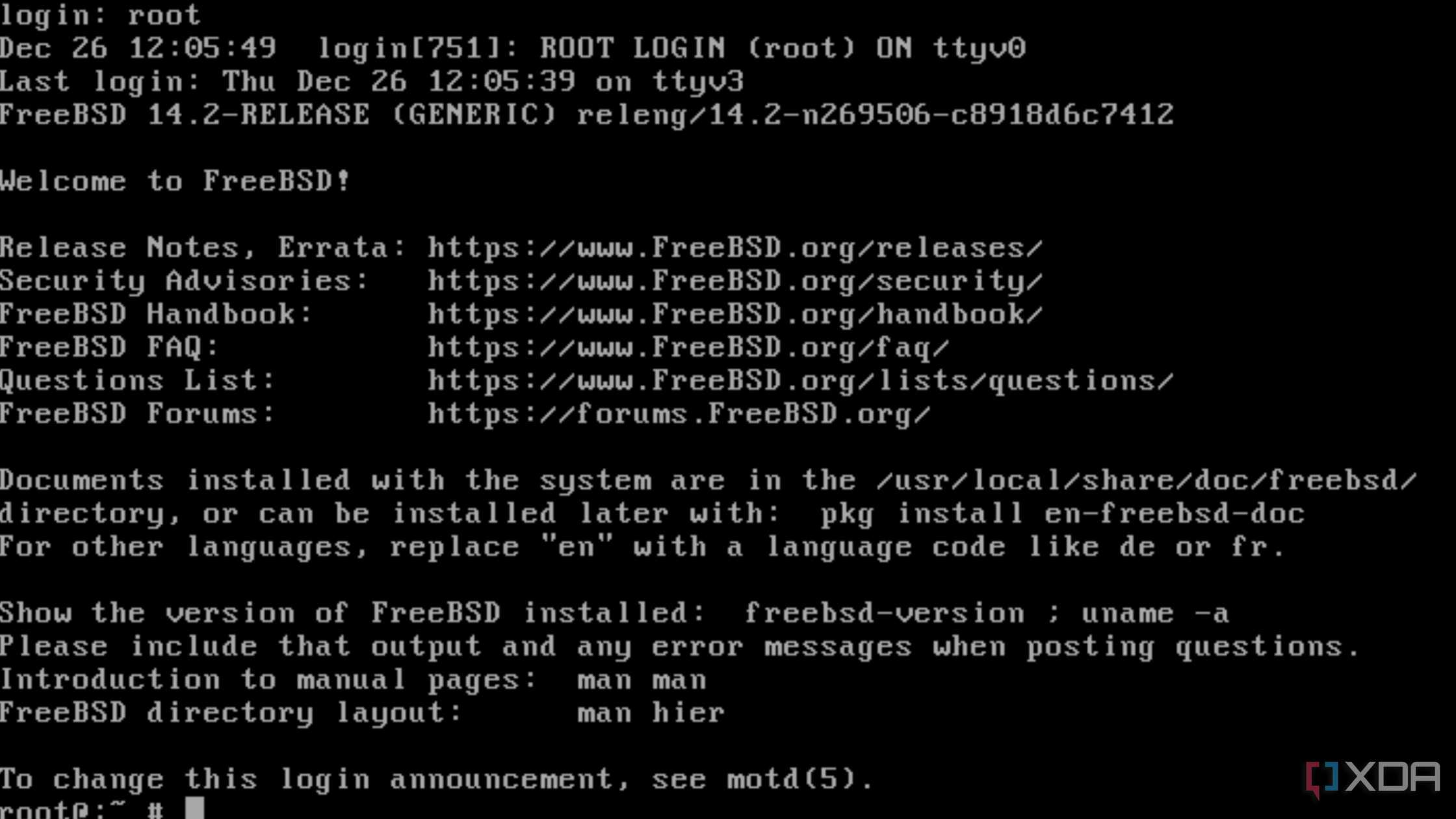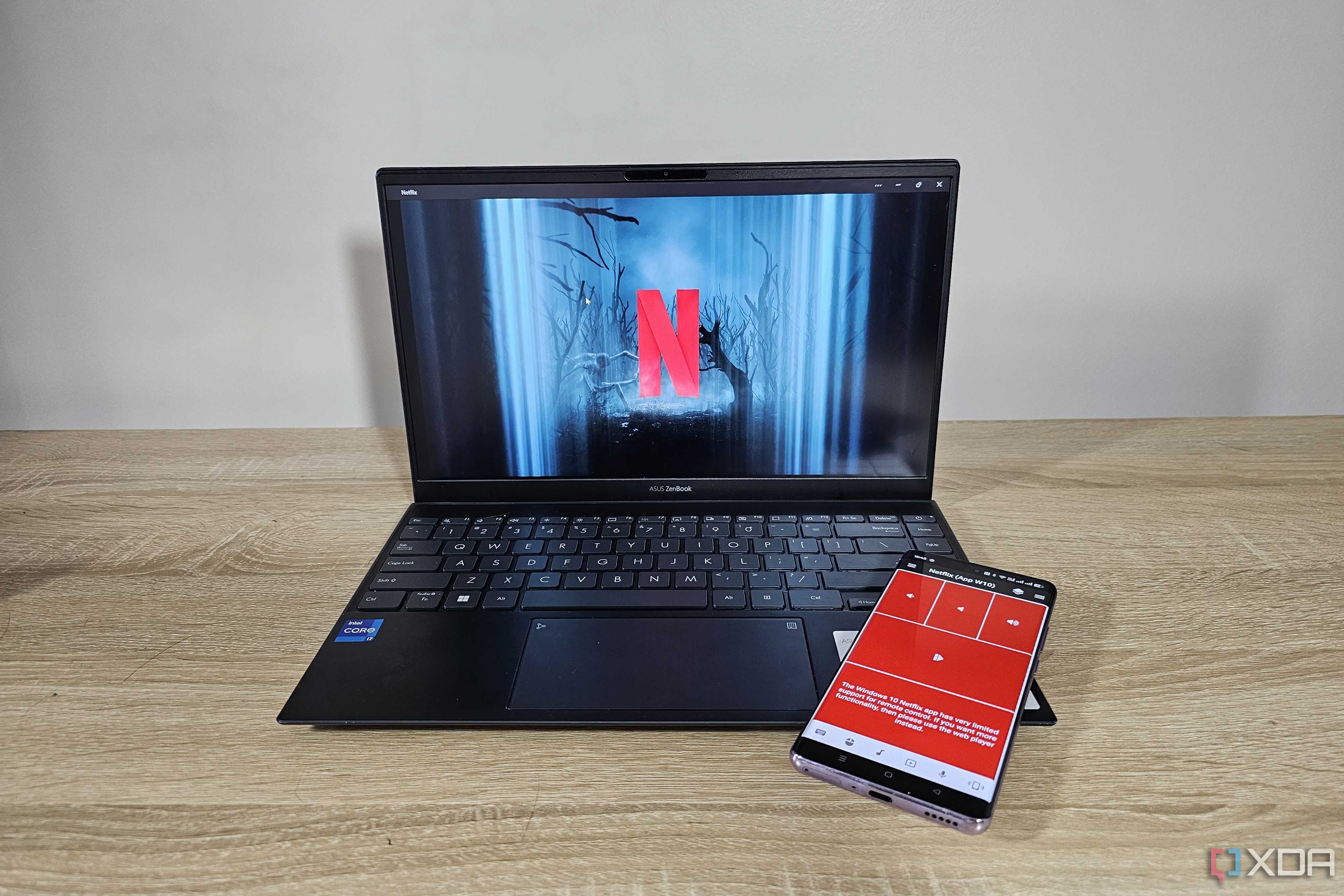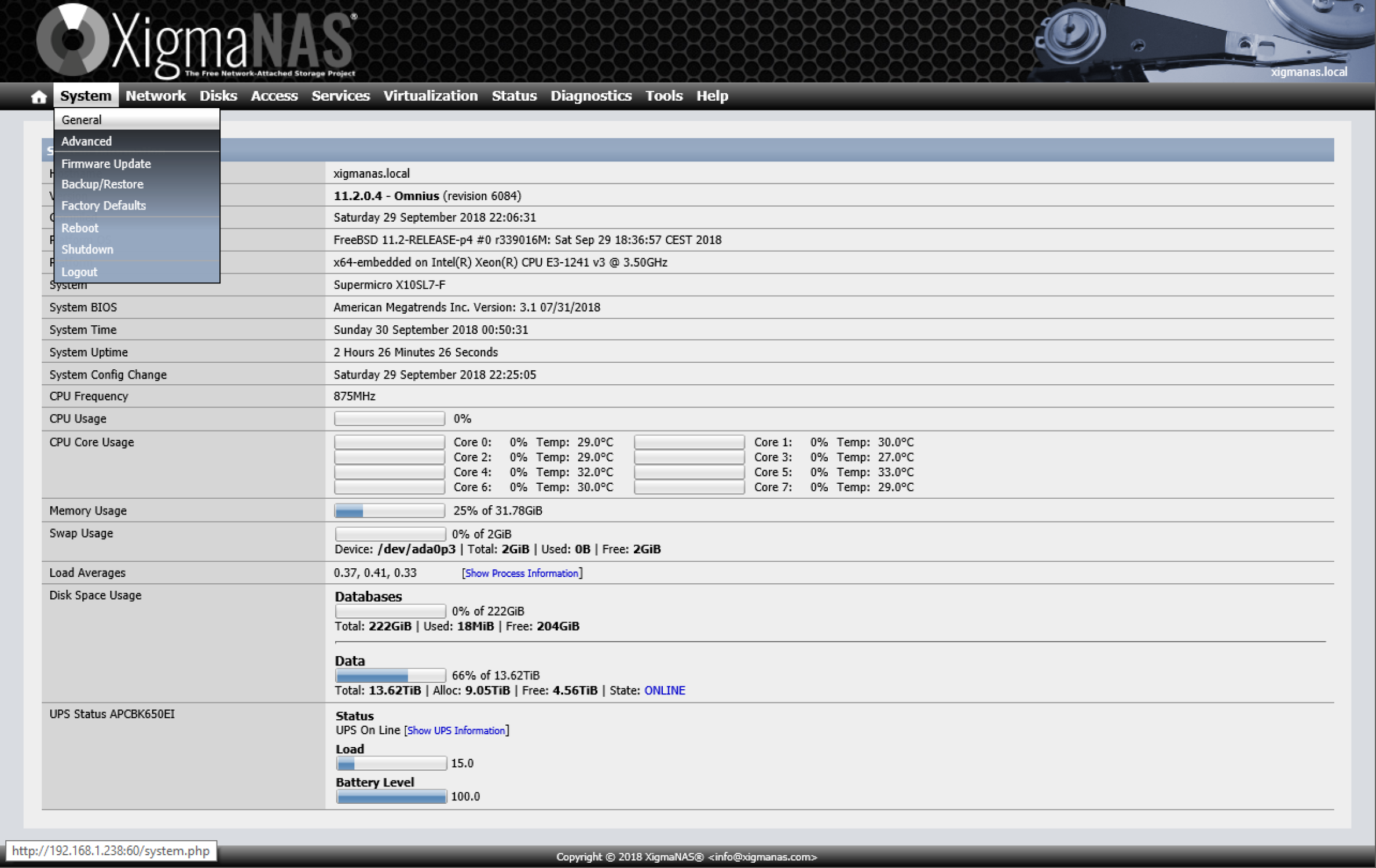5 years of the FreeBSD Foundation: Free-thinkers united
When we think about computer operating systems , we tend to think about relatively modern versions—after all, we're pointed at the next iOS, Android, Windows, or macOS releases as if what came before is now gone. In a way, that's true, as modern operating systems are generally a far cry from those from even a decade ago, but what if I told you that there's a widely-used operating system that dates back to the early 1970s, and it's in devices that you might be sitting next to right now.
That operating system is FreeBSD, which took its name in 1993, when the core, BSD, was over 20 years old. In the early days, it was a favorite of universities and tech companies, as the improvements to file handling and networking and its low-resource overhead meant it was perfect for large campuses. Like macOS and Linux , it was derived from the Unix core architecture, and has followed a relatively parallel but diverging path since then .
The FreeBSD Foundation was created in 2000 to fundraise and provide organizational support to FreeBSD's FOSS project. In the last quarter-century, it's gone from a favorite of industry to a favorite of home labbers, gamers, and more, although not all of them know that they're using FreeBSD when they pick up their devices to click some heads.
What is the FreeBSD Foundation?
It was founded to keep FreeBSD going into the next millennium

Most FOSS (Free and open-source software) projects have a problem. No, not the one they were spun up in the first place to solve; a money and organizational problem. The creator of the FreeBSD Foundation, Justin T Gibbs, was working at Meta at the time, and had used FreeBSD throughout college and his career to learn, contribute, and get the role he had at Facebook at the height of its ascendancy.
And he wanted to give back. Back to the community that got him there. To the project that gave him problems to fix, features to add, and build vital skills for his resume. The FreeBSD ethos is for making software anyone can use and learn from, including making as many carbon copies as they wish. The project has never really had a central figure leading it, unlike many other Unix-derivatives, and as such was able to stick to its Berkeley ideals (BSD, aka Berkeley Software Distribution).
But that leaves the community somewhat open to attack, so the foundation was created for legal support, administration, organization tasks, and anything else a widely distributed, highly used software project could need. That includes monetary sponsorship and the purchasing of various hardware for developers so they can keep FreeBSD current and available on modern architectures. And here's the key part—making FreeBSD available without restrictive obligations and licensing terms that might push some developers to look elsewhere. For the better part of three decades, it's kept that promise and shows no signs of changing.
What uses FreeBSD, and why is it important
From routers to gaming consoles and the devices that power the internet, FreeBSD is everywhere

FreeBSD is one of those open-source success stories that you hear about the products it powers, and not about the underlying technology that made it possible on the OS side. It's in NAS devices , weather forecast computers, OPNsense and pfSense, macOS and iOS, smart TVs, and many network appliances from big names like Juniper, Sophos, Sandvine, Citrix, and NetApp.
The biggest names most people would recognize? WhatsApp, where it runs the backend infrastructure, Netflix, where it powers the Open Connect Appliances that pipe streamed content into your homes, and Sony, where the OS of the PlayStation Vita, PlayStation 3, PlayStation 4, and PlayStation 5 are all based on FreeBSD. And because the permissive licensing doesn't require companies to disclose that they use FreeBSD, expect that list to be substantially longer.
It's designed from the ground up to be fast, secure, and have low resource usage, with a networking stack that's reliable, fast, and better than most alternatives. That's why it's used in so many critical cloud infrastructures, and FreeBSD gave us the idea of containers, in Jails, widespread usage of the ZFS filesystem, and more.
Does it have a future?
If the last decade of FreeBSD was about wide adoption on every hardware architecture you could think of, along with positioning it as a secure favorite of cloud providers, the next decade is about predictability, with a focus on security, hardware support for emerging marketshare like RISC-V and Arm. It will remain a foundational project for open-source and proprietary products in the coming years, especially in networking applications and gaming, where it can process more with less hardware.
Here's to another quarter-century (or half, depending on how you look at it) for FreeBSD

The FreeBSD Foundation is open about its progress and goals, providing regular updates on the project's progress. This doesn't just include the core OS, but things like the Laptop Support and Usability Project which is working on an improved "out of the box" experience for users who want to install FreeBSD on their laptop. Things like webcam support, or better Wi-Fi protocol support, and modern conveniences that mobile users are accustomed to. The future looks very much like the past, with a strong focus on community building, mentorship, and technical excellence, where every voice is heard.

Post a Comment for "5 years of the FreeBSD Foundation: Free-thinkers united"